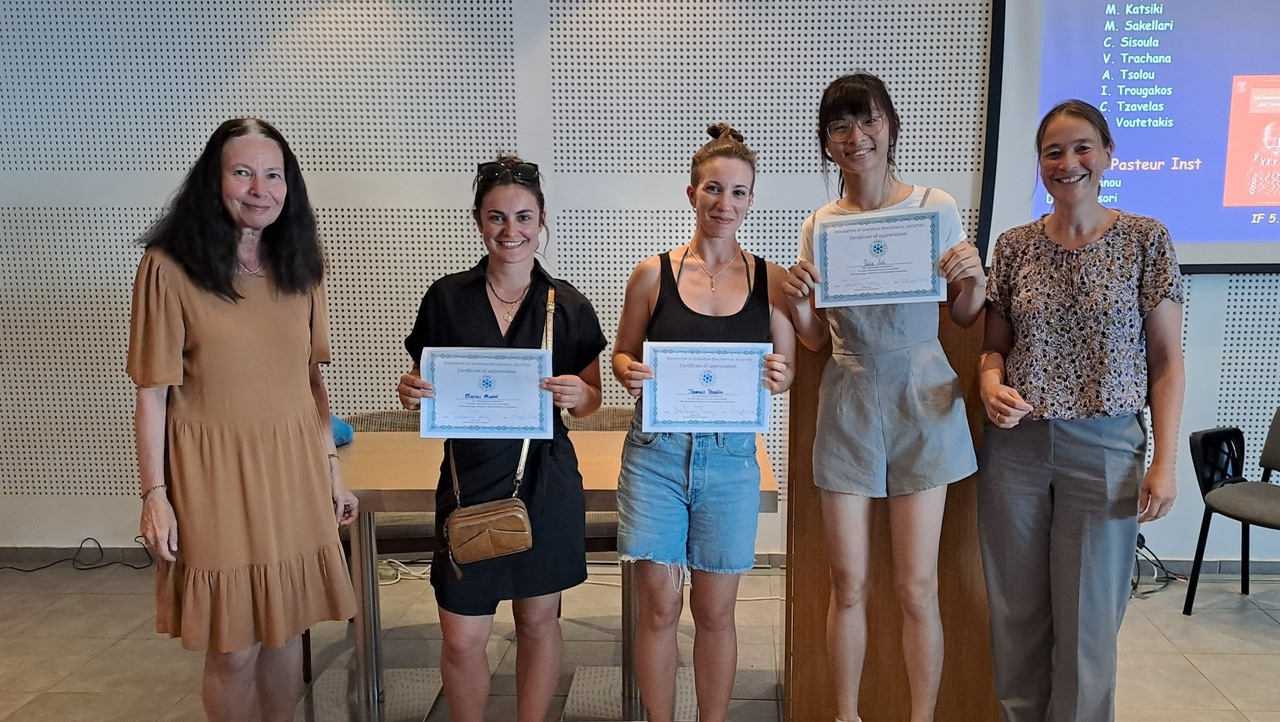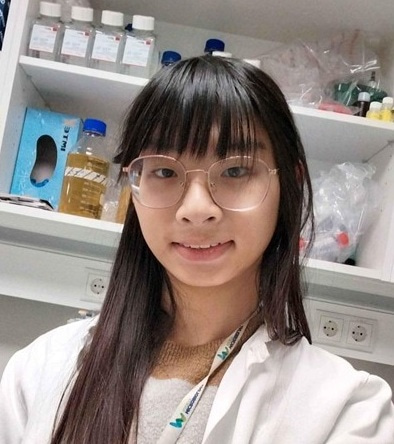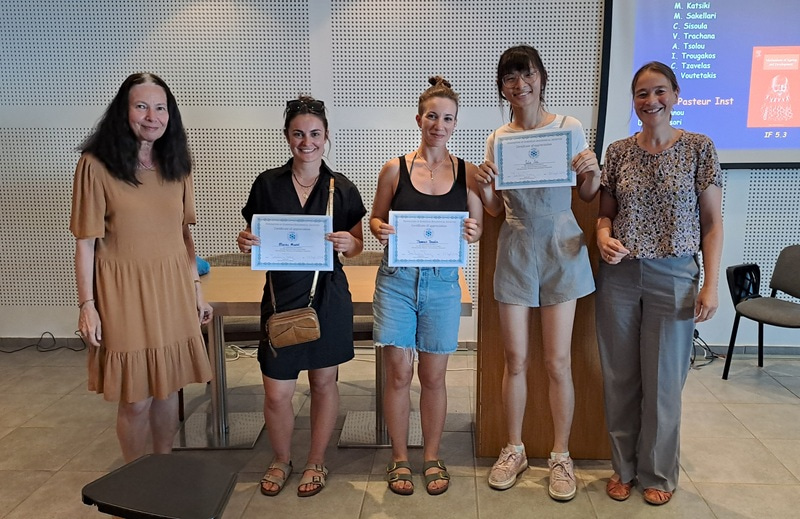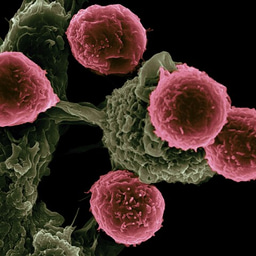Meet Julia Soh: FEBS Advanced Courses 60th Anniversary Awardee

Our interviewee is Julia Soh, PhD student in Molecular Biology and Genetics at Aarhus University, Denmark. Julia received a FEBS 60th Anniversary Award for an oral presentation at the FEBS Advanced Lecture Course 'Fish Immunology: Molecular and Evolutionary Perspectives' (22–28 September 2024) in Spetses, Greece.

Tell us about your research topic/work. What project(s) are you working on? What is the aim of your study?
I work with the gut-brain axis in the Vanwalleghem Lab at Aarhus University. My project aims to disentangle the gut microbiome using zebrafish as a model. In my work, I focus on how the host bacterial community can interact with the gut in scenarios of inflammation through molecular biology. In particular, I look at how bacterial factors can be sensed by the gut and what immunological responses may be at play with my particular bacterial factors.
Who or what inspired you to choose a career in science?
From the age of 7, I had always aspired to be an entomologist driven by my curiosity of the physical environment, particularly in the world of terrestrial arthropods, typically unseen in the macro-world. At the age of 14, I found a particular interest in bioluminescence stemming from my interest in fireflies. Understanding the molecular mechanism of the biological process has led to my further interest in microbial production of bioluminescence. Driven by this passion, I worked independently at home to create a nutrient agar out of ingredients from supermarkets. I further studied and attempted to isolate bioluminescent bacteria from supermarket squid.
Two years down the line, I had my first wet-lab experience with Professor Swaine Chen who inspired me and helped begin my training as a research student in molecular microbiology. I believe these experiences have led to my pursuit of expressing my passion through research in wet-lab experiments to elucidate a fundamental understanding of biological systems.
How did you learn about the FEBS Advanced Course? Why did you choose this course to attend?
As a molecular microbiology student beginning a PhD using zebrafish as a model in immunology, the FEBS advanced course allowed me to grasp the fundamentals as well as further perspectives on fish immunology.

How does attending this course influence your present and future plans? What are the benefits of attending the FEBS Advanced Course?
I met a molecular microbiologist at the FEBS Advanced course which allowed me to gain deep insight into how he used zebrafish as a model and inspired me to integrate my ideas from my current project along with my lifelong passions in microbiology to generate new exciting ideas for my work.
What work were you presenting at the FEBS Advanced Course?
I was presenting preliminary results on my current project, showing how I was able to make a proof of concept inflammation model using Germ-free and conventionalized zebrafish larvae.
How does it feel to receive a FEBS 60th Anniversary Award at a FEBS Advanced course as recognition for your work? How do you see this Award influencing your career and future?
It was very unexpected to receive this award and it spurs me to have more confidence in myself and push forward.
What is your advice to aspiring students/scientists?
The journey of being a scientist is unique to everyone. Find what grounds you, for turbulent times. Look up at the stars with your feet firmly on the ground.
Where do you envision the future of your career?
I strive to be able to be a principal investigator in molecular microbiology, unravelling bacterial signalling through means of molecular biochemistry.
For more information about the FEBS Advanced Courses programme visit the FEBS website.
Top image by Joachim Frey.





Join the FEBS Network today
Joining the FEBS Network’s molecular life sciences community enables you to access special content on the site, present your profile, 'follow' contributors, 'comment' on and 'like' content, post your own content, and set up a tailored email digest for updates.